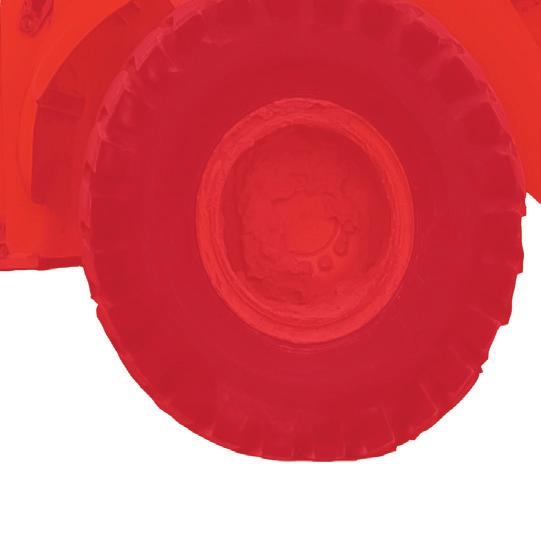
2 minute read
Pave paradise, put up a private island









PAVE PARADISE, PUT UP A PRIVATE ISLAND JACKSONVILLE’S INTRACOASTAL WATERWAY IS THE NEXT TARGET OF LUXURY STEAMROLLERS.
In the midst of 2020’s seemingly endless problems, some have hoped that these catastrophes will act as catalysts for real change in America; from our cultural attitudes, to the very structure of our legal systems. Jacksonville, like many other cities in the US, is struggling with the affordable housing crisis, alongside the climate crisis.
For coastal Florida in particular, hurricanes, flooding, and rising sea levels are of grave concern. While conservation and affordable housing may seem unrelated, they go hand-in-hand when vibrant ecosystems are demolished to create high-end housing. These new developments are often marketed with attractive buzzwords like “sustainability” and “community.” Unsurprisingly, bulldozing natural habitats, new construction, and gentrification are not sustainable or good for our community.
These problems overlap heavily with racial injustice. Black Americans are more likely to be renters and Black neighborhoods are at higher risk for flooding. Spending time in nature reduces stress and depression, and yet green spaces are significantly less accessible for Black Americans due to the legacy of segregationist housing policies.
A perfect example in Jacksonville is E-Town. Although the development boasts energy-efficient homes, they come with a steep price tag. Half of the planned community’s land will be preserved, but this doesn’t undo the damage of building in the first place, and the preserved land is only accessible to residents. Nature becomes an amenity, a luxury that many people cannot afford, due to the very creation of such homes.
Currently, real estate company Bird Dog Land LLC is looking to sell property in the marsh estuary of the Intracoastal along Jacksonville Beach. Their vision is to develop private islands featuring mansions and helicopter pads in this delicate ecosystem. Building in the floodplain will harm wildlife, make flooding more intense, and drive up rent prices and property taxes in nearby areas. In an interview with the Jacksonville Business Journal, Brian Small, Bird Dog Land founder, stated: “ [COVID-19] is actually the best thing that could have ever happened… it’s actually working out great as far as marketing [for the project],” though he said in a later interview that he is not opposed to conserving the land. Jacksonville Beach local Will Mohrman started a petition against the development on Change.org, which has gained nearly 3,000 signatures.
As we continue to rethink what we should expect from our local officials, businesses, and community, the intersection of affordable housing and conservation should be on our minds too. The greenest buildings are those which have already been built, and can be repurposed. Scores of buildings in Jacksonville, especially downtown, have stood empty and abandoned for years. We don’t have to choose between preserving green spaces and creating affordable housing. They are both building blocks for a truly sustainable community. EMILY JEFFRIES MAIL@FOLIOWEEKLY.COM










